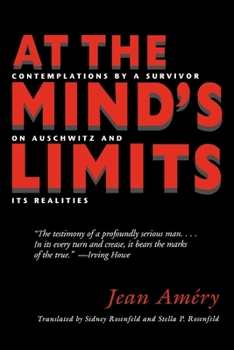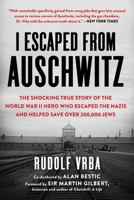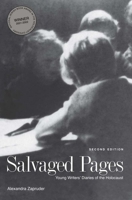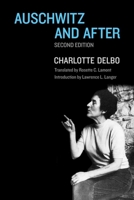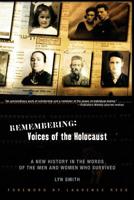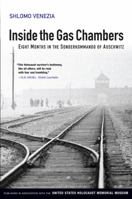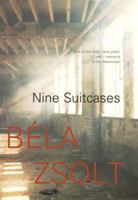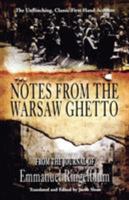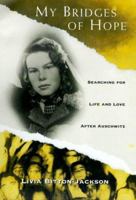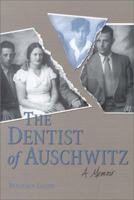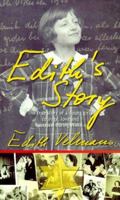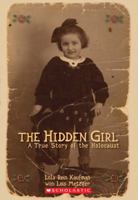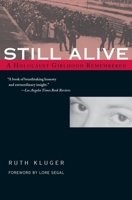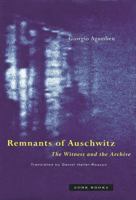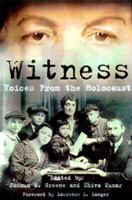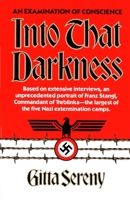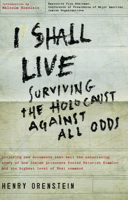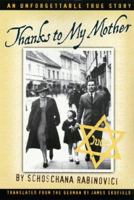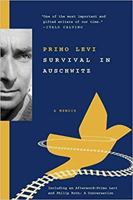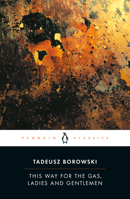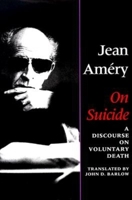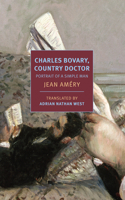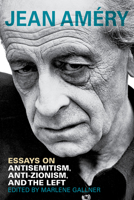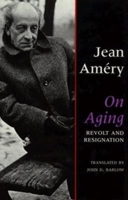Jenseits von Schuld und Sühne: Bewältigungsversuche eines Überwältigten
Select Format
Select Condition 
You Might Also Enjoy
Book Overview
"These are pages that one reads with almost physical pain. . .all the way to its stoic conclusion." --Primo Levi
"The testimony of a profoundly serious man. . . . In its every turn and crease, it bears the marks of the true." --Irving Howe, New Republic
"This remarkable memoir. . .is the autobiography of an extraordinarily acute conscience. With the ear of a poet and the eye of a novelist, Amery vividly communicates the wonder of a philosopher--a wonder here aroused by the 'dark riddle' of the Nazi regime and its systematic sadism." --Jim Miller, Newsweek
"Whoever has succumbed to torture can no longer feel at home in the world. The shame of destruction cannot be erased. Trust in the world, which already collapsed in part at the first blow, but in the end, under torture, fully, will not be regained. That one's fellow man was experienced as the antiman remains in the tortured person as accumulated horror. It blocks the view into a world in which the principle of hope rules. One who was martyred is a defenseless prisoner of fear. It is fear that henceforth reigns over him." --Jean Amery
At the Mind's Limits is the story of one man's incredible struggle to understand the reality of horror. In five autobiographical essays, Amery describes his survival--mental, moral, and physical--through the enormity of the Holocaust. Above all, this masterful record of introspection tells of a young Viennese intellectual's fervent vision of human nature and the betrayal of that vision.
Customer Reviews
Rated 5 starsAn extraordinary meditation on catastrophe.
Prior to reading Amery's book, I thought of myself as thoroughly read in what one French scholar has called "the writing of the disaster," but Amery's may be among the half dozen essential texts in the now overwhelming body of Holocaust literature. A profound meditation on language, on mind, and on disaster in the 20th century.
0Report
Rated 5 starsOne to return to
Ever since writing a term paper on Amery's "At the Mind's Limits", I have continuously come back to this work. There is a lifetime's worth of contemplation to survey here, not that this is an autobiography or even a complete memoir, but the years of his life on which he writes and the experiences dissected provoke a lifetime's worth of questions, mostly unanswered. I think of this work as a distinct and great existential...
0Report
Rated 5 starshaunting human analysis...
This man, who lived caught between paralyzing fear and paralyzing anger, refuses to countenance the immoral world he found so horribly crude, ignorant and inadequate. I know of no more unrelenting self-criticism or self-asceticism than portrayed here in this work.Every "outsider" will recognize immediately that the author talks to him/her. No matter by what standard one is taken as an outsider, here is a priceless analysis...
0Report
Rated 5 starsPotent...Like a bitter drink you have to come back to...
I really can't say much about this book, except that it is the most worn in my library of over 1,000 volumes compiled from a lifetime of literature. This translation is amazing as well. This book is an intellectual's journey through, and life after, hell.
0Report
Rated 5 starsThat Which is Incumbent Upon Every Human Being
To the world at large, none of the death camps is better known than is Auschwitz. There is now in existence a very large volume of literature regarding the atrocities committed in that infamous place, much of it written by its survivors. This literature is often reflective as well as descriptive as it recounts, not only the day-to-day horror of life and death but the destructive effects of relentless and senseless violence...
0Report











